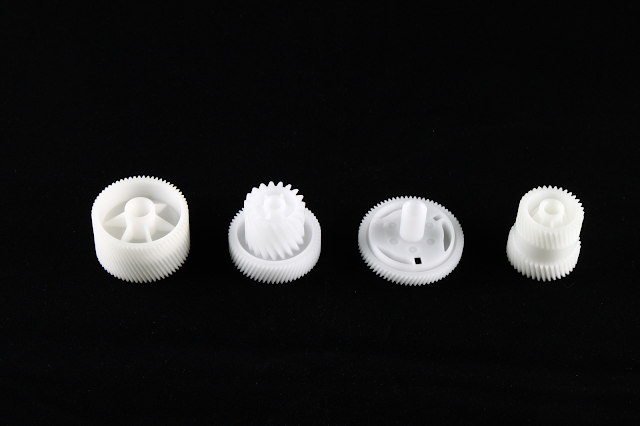Casting Mold Makers: Precision at the Core of Metal Manufacturing
Die casting is a vital process in modern manufacturing, and at the
heart of this process are die casting mold maker. These skilled professionals design and build the complex steel
molds used to create high-volume metal parts with exceptional accuracy and consistency.
What Is Die Casting?
Die casting is a manufacturing process that involves injecting
molten metal—such as aluminum, zinc, or magnesium—into a mold cavity under high
pressure. Once the metal cools and solidifies, the mold opens and the finished
part is ejected. The result is a strong, precise component with excellent
surface finish and dimensional stability.
The Role of Mold Makers
A die casting mold tooling
is responsible for creating the molds, also known as dies, used in the casting
process. These molds must be built to exact specifications to ensure the final
product meets performance and quality standards. Mold makers use advanced CNC
machining, EDM (Electrical Discharge Machining), and heat treatment processes
to craft high-strength dies capable of withstanding extreme pressures and
temperatures.
Why Quality Mold Making Matters
The quality of the mold directly impacts the quality of the final
product. Poorly designed or manufactured molds can lead to defects, dimensional
inaccuracies, or inefficient production cycles. On the other hand,
precision-engineered molds result in consistent, high-quality parts and longer
tool life, reducing downtime and maintenance costs.
Applications across Industries
Die casting molds are used to produce a wide range of parts for the
automotive, aerospace, electronics, and consumer goods industries. Components
such as engine blocks, gear housings, brackets, and enclosures are commonly
made using this process.
Conclusion
Die casting mold tool supplier are essential to the success of metal manufacturing. Their expertise ensures that molds are built to perform under demanding conditions while delivering parts that meet strict quality standards. As industries continue to demand lightweight, complex metal components at scale, the role of skilled mold makers remains more critical than ever.
Next: Why do we make a DFM report before making a mold for a plastic mold?





Comments
Post a Comment